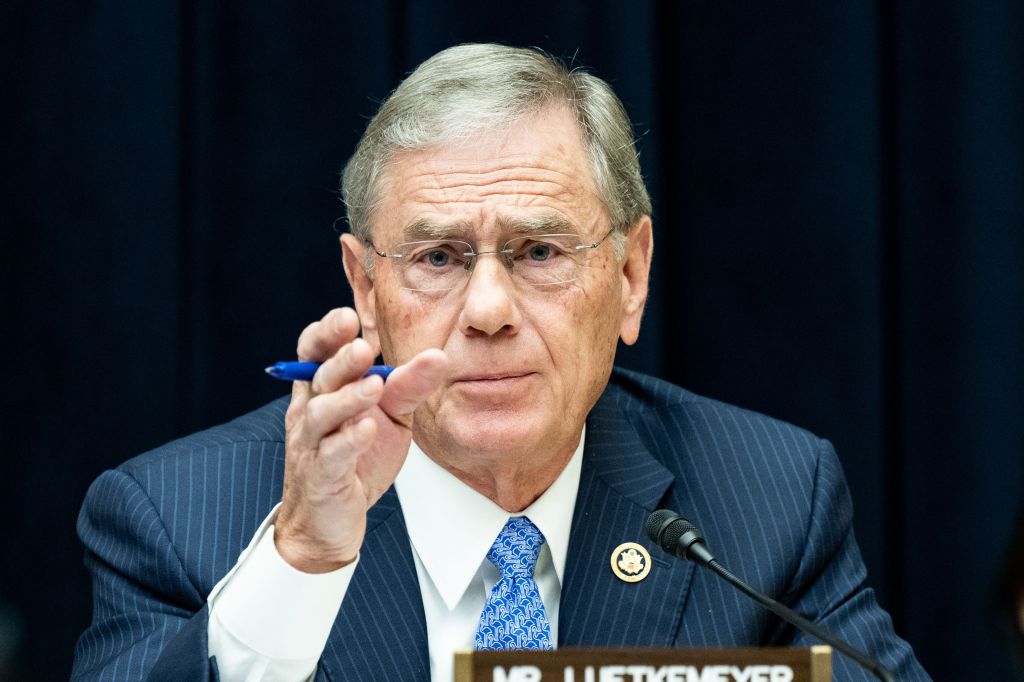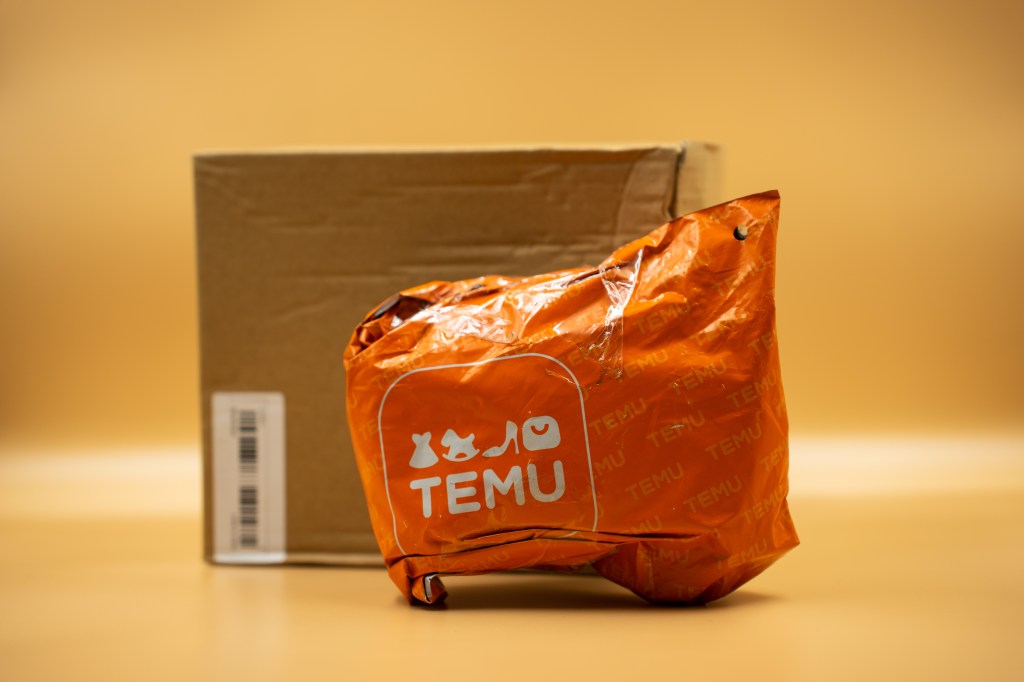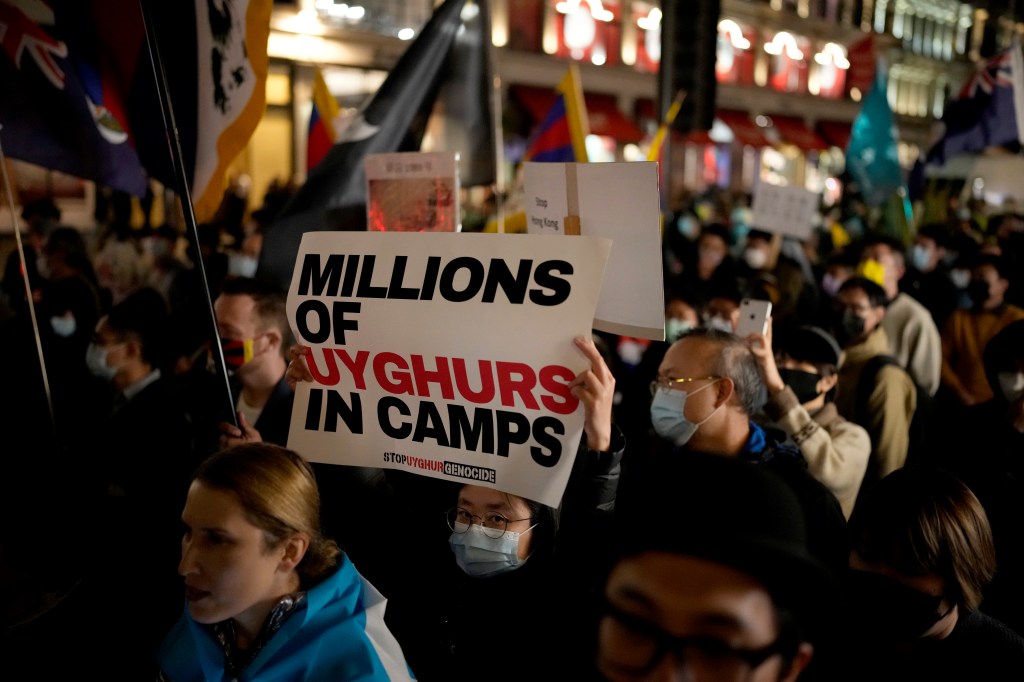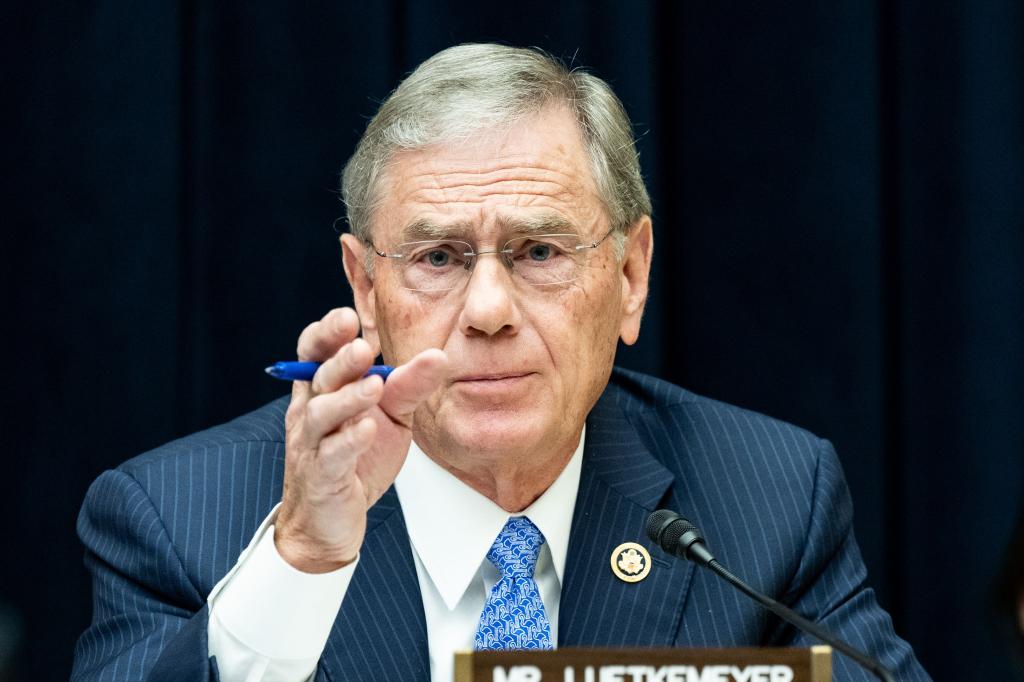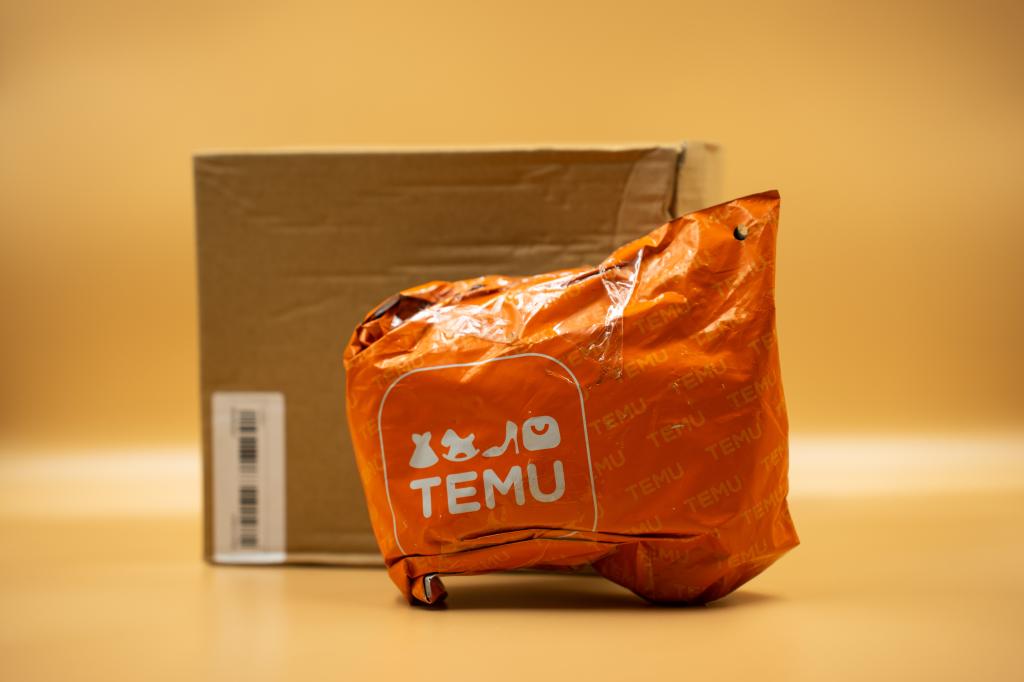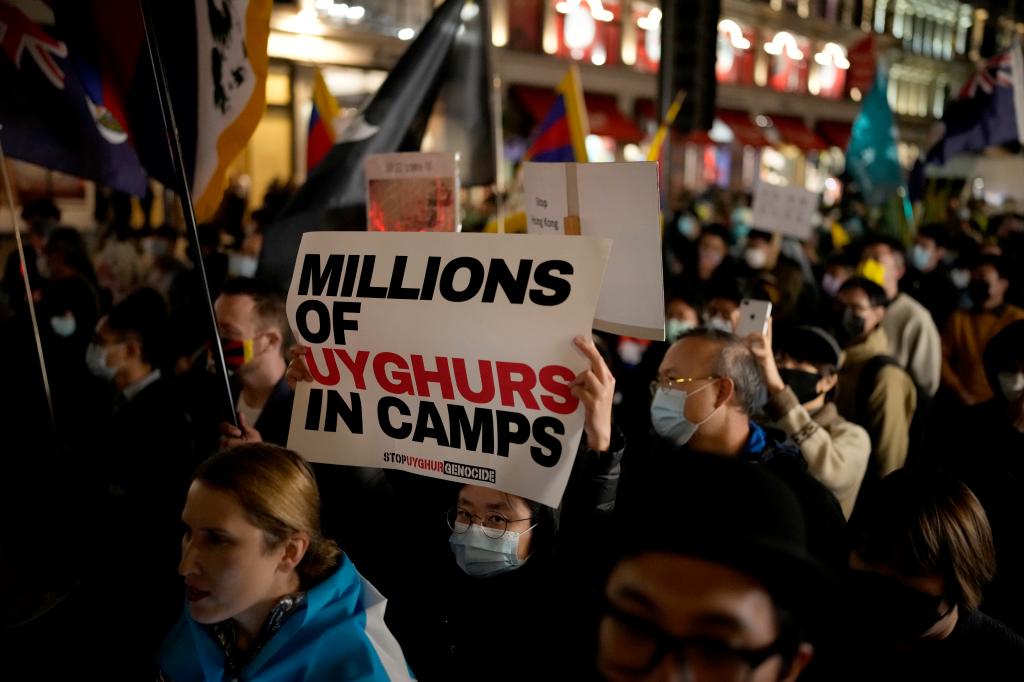Chinese app Temu faces US import ban over alleged forced labor after $21M Super Bowl ad blitz: report
Contact The Author
US lawmakers are calling for a ban on all imports of goods sold on China-owned shopping app Temu, citing concerns that the fast-growing company hasn’t done enough to crack down on forced labor.
Rep. Blaine Luetkemeyer (R-Mo.) is among several China hawks in Congress that have been agitating for the Biden administration to add Temu to a list of companies in violation of the Uyghur Forced Labor Prevention Act, according to The Information.
The legislation which was signed into law by President Biden in late 2021 is intended to “prevent goods made with forced labor in Xinjiang from entering US markets and to further promote accountability for persons and entities responsible for these abuses.”
China has denied allegations that its government has committed human rights atrocities against the Uyghur Muslim minority in the province of Xinjiang.
Temu’s addition to the list would mean that all products sold through the site would be banned from being imported into the country.
Temu, which is owned by Chinese parent company PDD Holdings, has seen explosive growth in the US thanks to its bargain-basement deals on goods — as has another Asia-based e-commerce app, Shein.
Earlier this month, Temu, which is short for “team up, price down,” spent $21 million on several ads that were aired during the Super Bowl.
Both Shein and Temu have emerged as serious competitors to American retail behemoths Amazon and Walmart, according to recent sales data.
Shein and Temu together send almost 600,000 packages to the United States every day, according to a June 2023 report by the US Congress.
Driven by robust demand for their low-priced apparel like $10 tops and $5 biker shorts, Shein alone accounts for one-fifth of the global fast-fashion market, measured by sales, and has fueled growth of China’s e-commerce industry, according to Coresight Research.
The threat to American businesses posed by Shein and Temu have prompted lawmakers on Capitol Hill to call for action.
Two US have demanded that Biden take executive action against firms such as Temu, Shein and Alibaba Group’s AliExpress — saying US manufacturers can’t compete with low-cost competitors they say rely on forced labor and state subsidies in key sectors.
US trade law allows packages bound for American consumers and valued below a certain threshold to enter tariff-free.
That threshold, under a category known as “de minimis,” stands at $800 per person, per day. The majority of the imports are retail products purchased online.
Alarmed by the large increase in such shipments from China, lawmakers in both chambers have filed legislation to alter how the US treats imports valued at less than $800.
Now, Sens. Sherrod Brown (D-Ohio) and Rick Scott (R-Fla.) have sent a letter to Biden calling on him to end the duty-free treatment altogether for those products.
Brown and Scott singled out Temu, Shein and AliExpress in their letter as companies that “unfairly” benefit from the duty-free treatment of their goods.
The surge in shipments, they said, hurts big box stores and other retailers in the US.
“This out-of-control problem impacts the safety and livelihoods of Americans, outsourcing not only our manufacturing, but also our retail sectors to China, which — as you know — systematically utilizes slave labor among other unconscionable practices to undermine our economy,” the senators said.
The Post has sought comment from Temu, Shein and AliExpress.
The White House referred The Post to the office of the US Trade Representative for comment.
With Post wires
